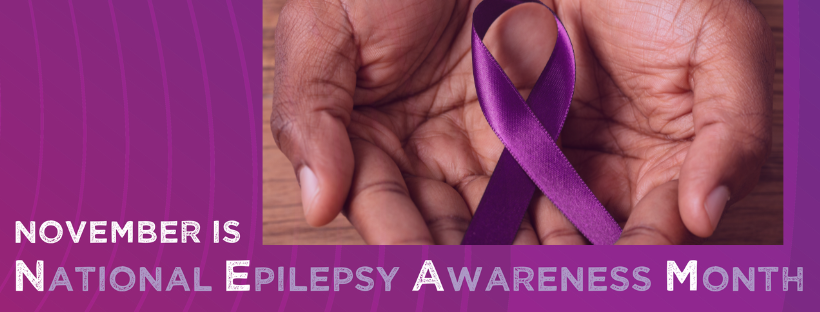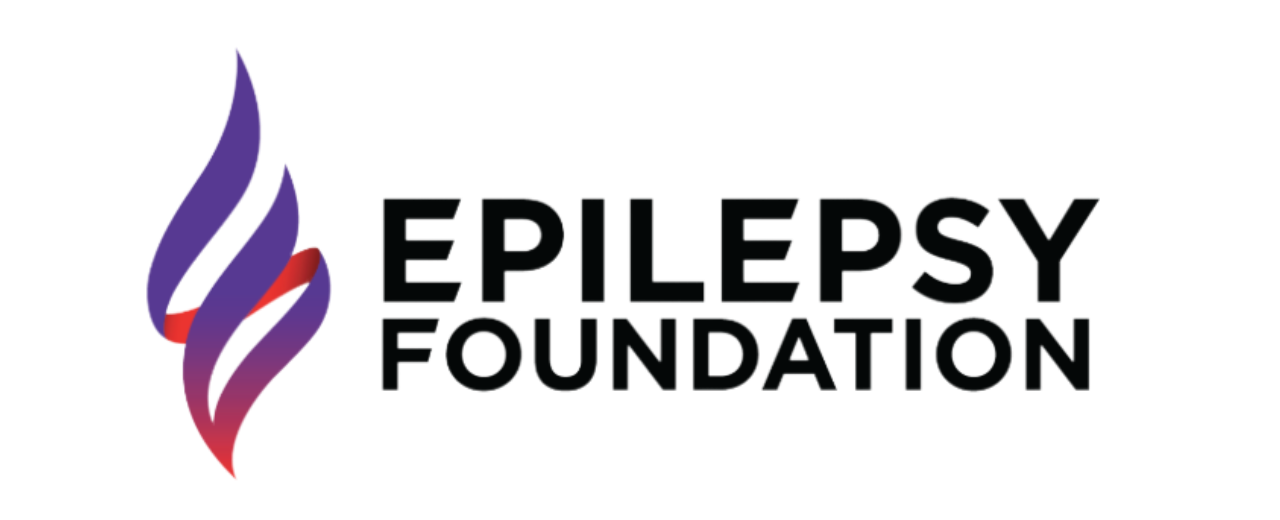
National Epilepsy Awareness Month
Epilepsy is a neurological disease that causes seizures regardless of age, ethnicity, or race. 3.4 million people and their families are affected by epilepsy in the United States, and 1 in 26 people will develop epilepsy in their lifetime. Much is still misunderstood about this brain disorder. A person with epilepsy is at higher risk for having recurrent (more) seizures. The frequency and severity of seizures can vary person-to-person and can impact lives accordingly. People with epilepsy can experience multiple daily challenges, such mood changes, sleep, thinking and memory issues, social and financial concerns.
If you witness someone having a seizure here are some things, you can do to assist that individual:
Seizure First Aid: How to help someone having a seizure
STAY with the person until they are awake and alert after the seizure.
- Time the seizure
- Remain calm, do not be afraid and assist
- Check for medical ID
Make sure onlookers stay calm and stand off to the side.
- Keep the person SAFE
- Move or guide away from harm
- Do NOT restrain
Turn the person onto their SIDE if they are not awake and aware.
- Keep airway clear
- Loosen tight clothes around neck or remove necklace
- Put something small and soft under the head
- Do NOT put any objects in their mouth
Call 911 if:
- Seizure lasts longer than 5 minutes
- Person does not return to their usual state
- Person is injured, pregnant, or sick
- Repeated seizures
- First time seizure
- Difficulty breathing
- Seizure occurs in water
When the seizure is over, help the person to a safe place to talk. Calmly explain what just happened and offer to call a family member or friend to get them home safely. Epilepsy awareness is vital to help ensure the safety and wellbeing of friends, families, and our community. To learn more about epilepsy, visit the Epilepsy Foundation.

